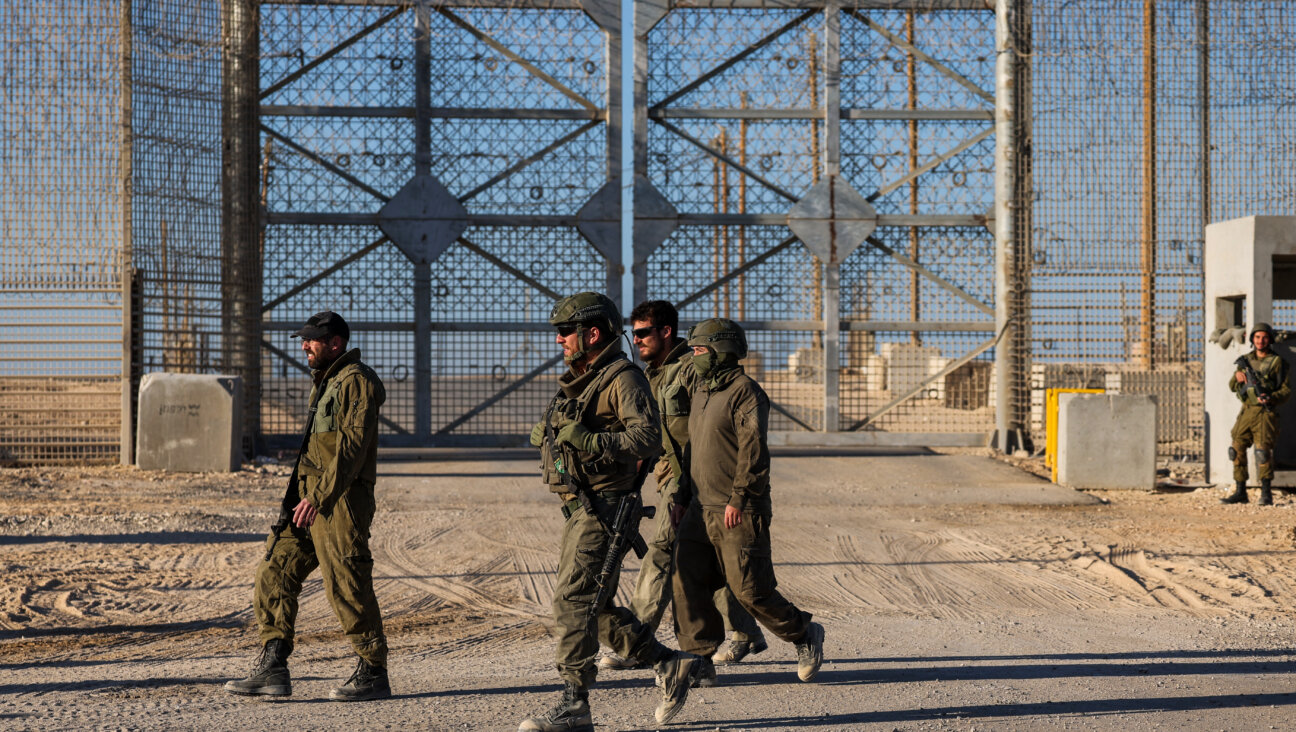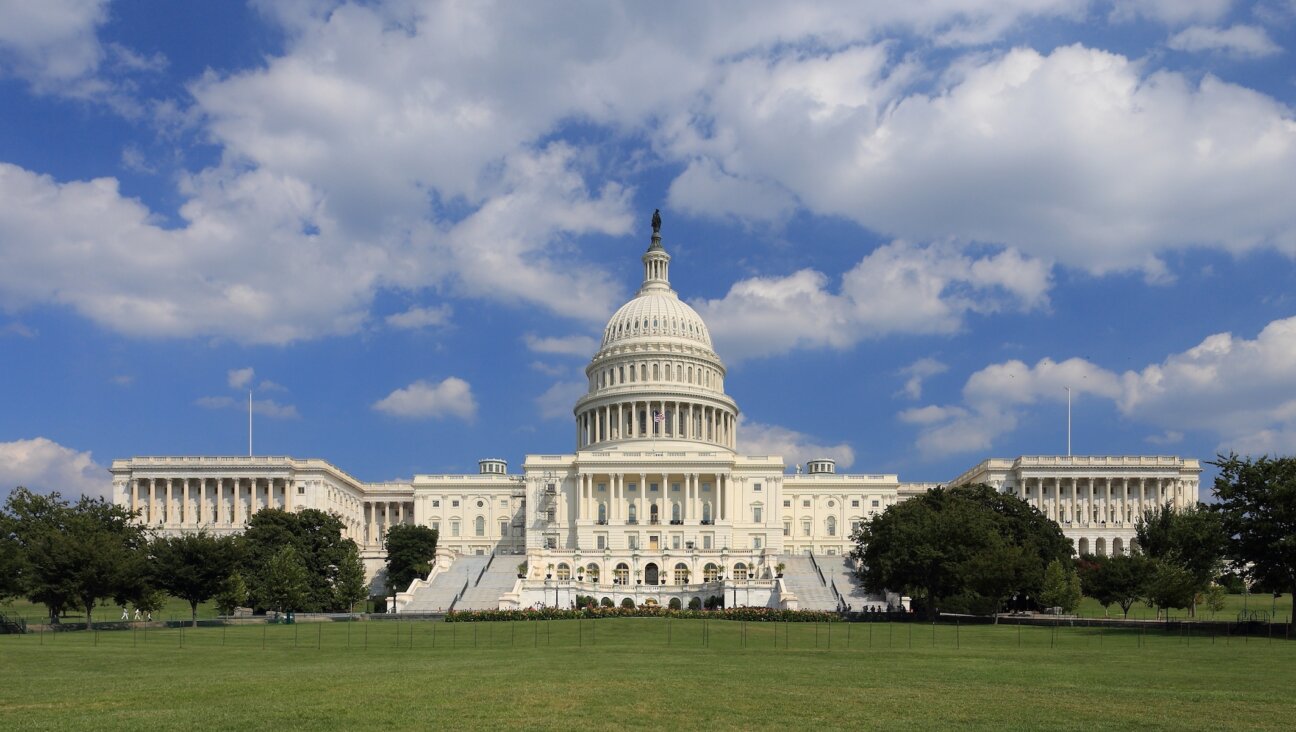Israel Begins Planning Work on ‘E1’ Settlement

Israel moved forward on Wednesday with plans to build some 3,000 settler homes in one of the most sensitive areas of the occupied West Bank, in defiance of international protests.
A Defence Ministry official said architects and contractors appeared before a subcommittee of the military-run Civil Administration in the West Bank and registered their plans for construction in the E1 corridor near Jerusalem, a preliminary step before any building permits are issued.
Angered by the U.N. General Assembly’s de facto recognition of Palestinian statehood on Thursday, Israel announced the next day it would build the new dwellings for settlers, on land near Jerusalem that Palestinians seek for a future state.
The decision by Prime Minister Benjamin Netanyahu’s pro-settler government to build houses in E1 for the first time raised the alarm among Palestinians and in world capitals.
Israeli housing on the corridor’s barren hills could bisect the West Bank, cut off Palestinians from Jerusalem and further dim their hopes for a contiguous state.
The subcommittee of the Civil Administration’s Higher Planning Council convened hours before Netanyahu was due to visit Germany, where he faces a dressing down from Chancellor Angela Merkel over the settlement project.
“This is a procedural preliminary phase, to deposit plans,” the defence official said. “Every future step will still require more permits.”
Israel’s housing minister has said construction work in E1 will not begin for at least a year.
EU MEASURES
In Brussels on Tuesday, European Union ambassadors responsible for security issues discussed the possibility that all EU states would write to Israel to express their displeasure over the settlement expansion plans or summon Israeli envoys for consultations, as five EU countries have already done.
No formal decisions were taken during the EU meeting and the issue will be discussed further on Friday, EU diplomats told Reuters.
The United States, Israel’s main ally, has also urged it to reconsider the settlement plan, saying the move hinders peace efforts with the Palestinians.
Israel has said it will not bend, citing a need to stand by its “vital interests” even in the face of international criticism.
Israeli-Palestinian negotiations collapsed in 2010 in a dispute over settlement building.
Such projects in the West Bank and East Jerusalem, which Israel captured in a 1967 war, are considered illegal by most countries. Israel cites historical and Biblical links to the two areas, where approximately 500,000 Israelis and 2.5 million Palestinians now live.
A message from our CEO & publisher Rachel Fishman Feddersen

I hope you appreciated this article. Before you go, I’d like to ask you to please support the Forward’s award-winning, nonprofit journalism during this critical time.
At a time when other newsrooms are closing or cutting back, the Forward has removed its paywall and invested additional resources to report on the ground from Israel and around the U.S. on the impact of the war, rising antisemitism and polarized discourse..
Readers like you make it all possible. Support our work by becoming a Forward Member and connect with our journalism and your community.
— Rachel Fishman Feddersen, Publisher and CEO























